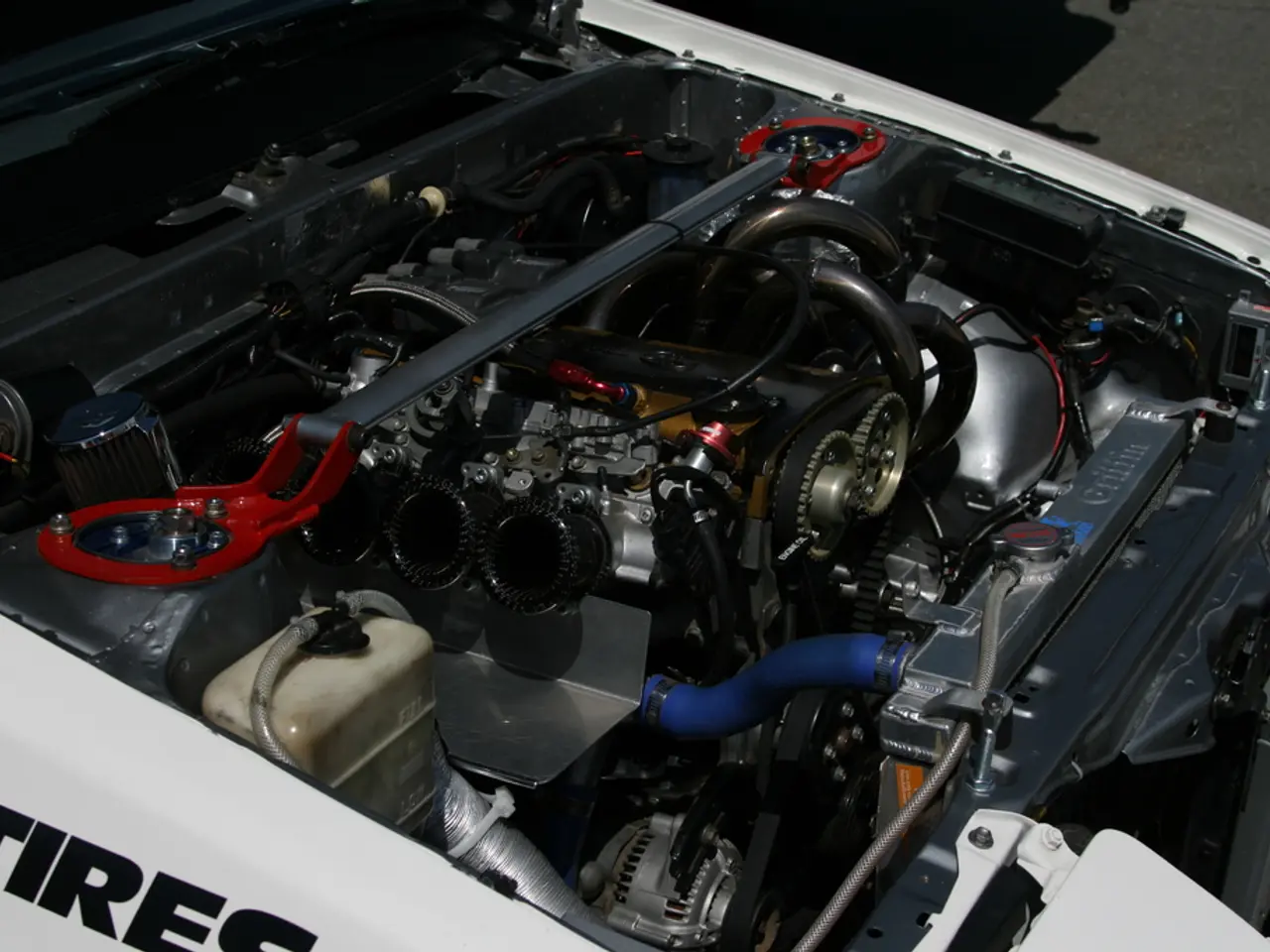Manufacturers Shift Focus on Battery Funding Outside U.S., Following the Decline of Electric Vehicle Incentives
The global EV industry is experiencing a significant transformation, with key players adjusting their strategies in response to various challenges.
Two years ago, Nissan announced plans to build two electric vehicle (EV) models at its Sunderland factory in the UK. This move was a significant step towards the UK's ambition to become a leading player in the EV market.
However, the landscape has become more complex due to several factors. China, a major supplier of rare earth minerals essential for EV batteries, has threatened exports globally, making sourcing more difficult. This situation has forced companies to reconsider their strategies.
Ford, for instance, was planning to let Nissan use part of its Kentucky battery plant instead. However, Ford recently put one of its two planned battery plants on hold indefinitely, reflecting the uncertainties in the industry.
The evolving EU battery regulations also pose challenges. These regulations require greater traceability, recycling efficiency, and material localization, which can significantly impact production costs and supply chains.
In contrast, the US government has not been investing in or incentivizing EVs, unlike the UK. The Senate and Congress passed the 'One Big Beautiful Bill' act, ending EV tax credits for consumers on 30 September, further dampening the EV market in the US.
This contrasts with the UK government's support for the EV industry. The UK recently announced a £1.4 billion funding deal for a Japanese battery maker's gigafactory in Sunderland, north England. This investment highlights the importance of government incentives and cash injections in boosting the EV industry.
Elsewhere, the US tariffs and slow adoption of EVs are hitting the European vehicle manufacturing sector. Europe's EV forecast has been dropping due to regulatory and market challenges. In response, OEMs in America have been redefining their supply chains to lean more on internal combustion engine (ICE) vehicles due to sliding consumer demand.
Interestingly, Elon Musk, CEO of Tesla, paused plans to build a gigafactory in Mexico back in July, while Japanese firm AESC stopped construction on its $1.6 billion battery plant in South Carolina due to market uncertainty.
Despite these challenges, there is no reported news of any automobile manufacturer in North America recently abandoning plans for a new battery factory. The industry continues to evolve, with changing EV demand and pivots to or from electrification greatly affecting supplier trust, according to studies by Plante Moran.
In conclusion, the EV industry is undergoing a significant transformation, with the UK and US taking different paths. The UK government's support for the EV industry, coupled with the challenges in the US, is shaping the future of the industry in these regions.








